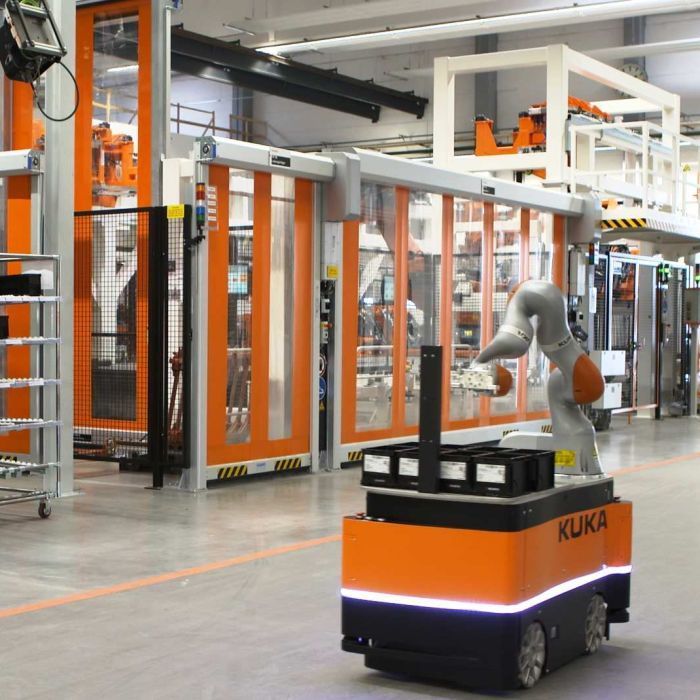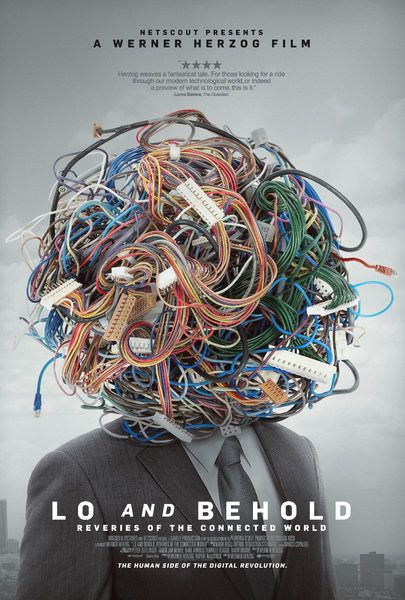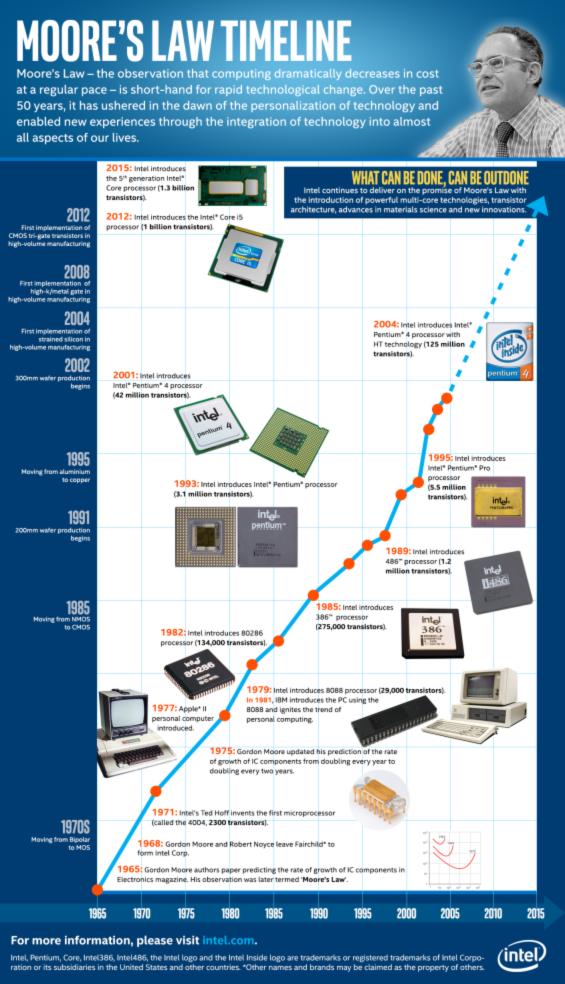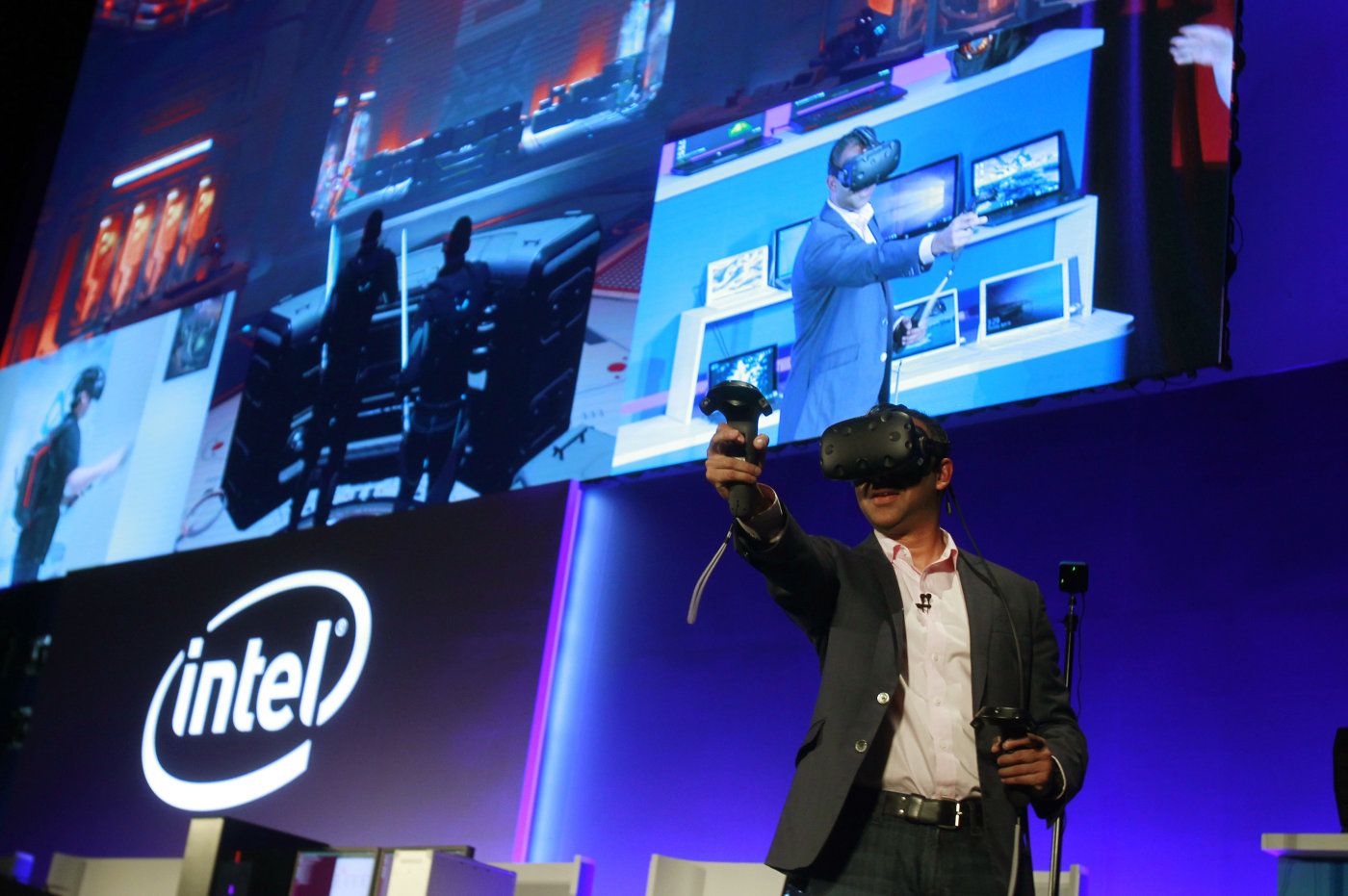Medical/ Biocomputing will only continue to grow and advance as a result of the demand for more improved experiences by consumers and business in communications and entertainment, food, home life, travel, business, etc.
Today, we have seen early opportunities and benefits with 3D printing, BMI, early stage Gene/ Cell circuitry and computing. In the future, we will see these technologies more and more replaced by even more advance Biocomputing and gene circuitry technology that will ultimately transform the human experiences and quality of life that many like to call Singularity.
Printing technology has come a long way from screechy dot-matrix printers to 3D printers which can print real life objects from metals, plastics, chemicals and concrete. While, at first, 3D printers were being used to create just basic shapes with different materials, more recently, they have been used to create advanced electronics, bio-medical devices and even houses.
Aircraft manufacturer Airbus recently showcased the world’s first 3D-printed mini aircraft, Thor, at the International Aerospace Exhibition and Air Show in Berlin. Although Airbus and its competitor have been using 3D-printed parts for their bigger assemblies, recent attempt shows that aviation may be ready for a new future with much lighter and cheaper planes given 3D printing not only cuts down the costs with less wastage, it also makes the plane lighter, thereby making them faster and more fuel efficient. But planes and toys is not what 3D printing might be restricted to; though in the elementary stage at the moment, the technology is being used for creating complex electronics like phones and wearables and may be able to reduce costs for manufacturers like Samsung and Apple.
Continue reading “Want to know what the future of medical invention looks like? Read on” »
















